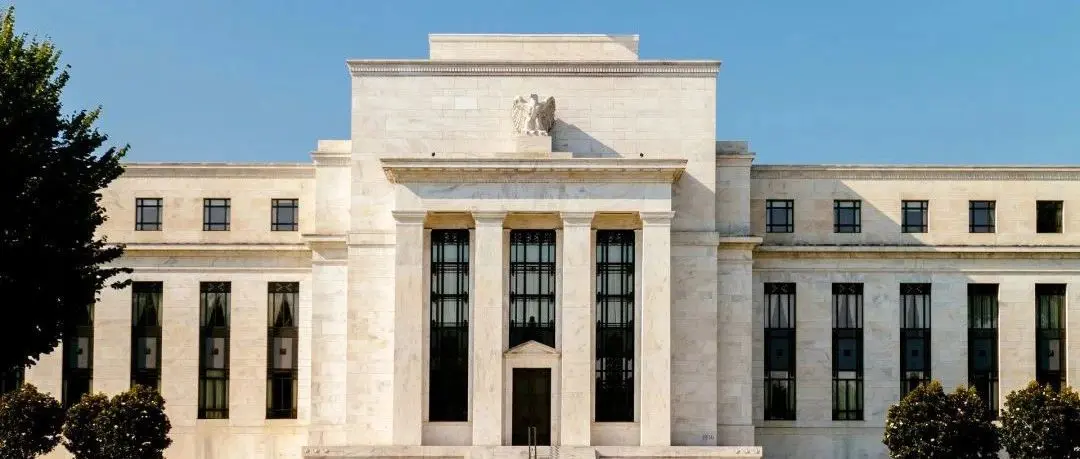No rate cut? Federal Reserve officials "turn hawkish"!

New users can click on "International Business Daily" to follow.
After three consecutive interest rate cuts in the second half of the year, several Federal Reserve officials have recently expressed caution in their remarks regarding the timing of further rate adjustments. On a specific date, Richmond Fed President Barkin went a step further in a highly anticipated speech, sending a "hawkish" signal by suggesting that the Fed might have to raise rates to counter economic trends that could push inflation higher.
In his speech, Barkin pointed out that for many years, the U.S. economy had been "sailing smoothly" in curbing inflation. However, the current global economic environment is undergoing profound changes, which could have far-reaching effects on the inflation landscape in the United States. The restructuring of global supply chains, the decline in U.S. population and labor force, and the increasingly prominent issue of budget deficits are all significant factors that could trigger headwinds for inflation.
Barkin emphasized that although these shifts are not "set in stone," the uncertainty in the outlook is significant enough to require the Federal Reserve to remain highly cautious as it concludes its current battle against inflation. The persistence of U.S. inflation data, the resilience of the underlying economy, and the potential impacts of President Trump's tariff policies all necessitate greater patience and prudence from the Federal Reserve when adjusting interest rates.
Barkin's "hawkish" remarks stand in stark contrast to current market expectations. According to the CME's "FedWatch Tool," the market generally anticipates two more interest rate cuts by the Federal Reserve this year. However, Barkin stated, "If inflation remains persistently high, we may well need to raise rates."
However, it is worth noting that Barkin's remarks coincide with the inflation expectations in the monthly Consumer Confidence Index released by the Conference Board that same day. Data published by the research institution on [specific date] showed that the U.S. Consumer Confidence Index for [specific month] was [specific value], significantly lower than the [specific value] in the previous month, marking the largest monthly decline since [specific month and year]. Among the findings, consumers' one-year inflation expectations rose from [specific percentage]% to [specific percentage]%, reflecting the persistence of U.S. inflation, recent sharp increases in prices of essential items like eggs, and consumers' anticipation of the impact of tariffs.
Additionally, a survey conducted by the University of Michigan last week reached a similar conclusion, indicating that consumers' expectations for future inflation in the United States have risen. The survey revealed that the U.S. Consumer Sentiment Index for [specific month and year] was revised down from a preliminary figure of [initial value] to [revised value], marking the lowest level since [specific month and year]. Notably, consumers' purchasing power for durable goods declined by [X]%, primarily due to concerns over price increases caused by tariffs.

